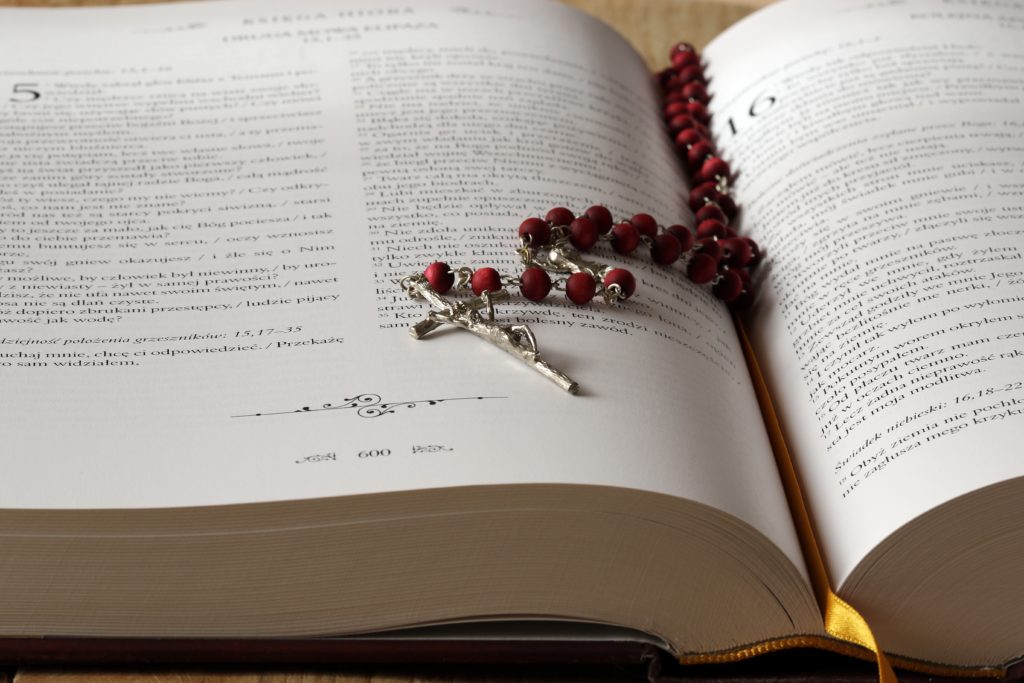No products in the cart.
What does the bible say about cremation? Do you want to be cremated when you die, but your families are not on board? Is there any biblical support for this decision?
It may not provide you with the answers you seek, but this is what the Bible says about cremation: to the best of my knowledge, there is no Bible chapter that attempts to provide recommendations for suitable burial techniques. “Dust to dust, ashes to ashes,” Job said of the eventual disposition of the body in Job 34:14-15: “If it were his intention, and he removed his soul and breath, all humanity would perish together, and man would return to the dust.”
Ancient Egyptians embalmed their dead to keep them from decaying and to prepare them for the afterlife.
Bodies were buried on the day of death in first-century Israel! To lessen the stink of decomposition, a 60-foot stretch of one-foot-wide fabric was wrapped around and around the body, with various spices placed in the wrappings. After that, the bodies were buried in caverns or stone tombs.
In more recent times, embalming a body before burial has been common practice to allow time for the family to grieve the departed and for out-of-town friends and relatives to arrive before the funeral.
The only difference between embalming and cremation in the long run is time. Cremation just expedites the process.
What Does The Bible Say About Cremation: Cremation From A Biblical Perspective
You should look into why your family doesn’t agree with your cremation decision. Perhaps they don’t believe cremation is biblical. Cremation, on the other hand, is never a Biblical concern, as we have shown. Here are a few more Christian concerns concerning cremation.
1. Perhaps they are concerned that you will not have a body to resuscitate when Jesus returns at the Rapture and the corpses of long-dead Christians are resurrected and turned into spiritual bodies. Since the first century, most (if not all) corpses have been reduced to dust. Since God is capable of producing a global resurrection, He can undoubtedly create a spiritual body from a mote of dust — or even less.
2. Perhaps your family prefers that you be buried in a coffin so that they can remember you and your life together. This is a natural and healthy desire.
I’ve recently seen families choose for cremation instead of pricey caskets and burial grounds. They then go out and buy a tiny cemetery spot to bury the ashes in. Others spread the ashes at a pre-determined location that is important to the departed. Some people save a few ashes in a little locket as a symbol of their loved one’s passing. Over fireplace mantles, some ashes are kept in burial urns.
Having said that, keep in mind that your body is still your body. Inform your family that you wish to dispose of your corpse in the manner that is most comfortable for you. Cremation is the option in your circumstance.
My mother just switched from an outdoor burial site to an interior mausoleum. She concluded that being down in the earth with the “worms and maggots!” made her uneasy. ” Then she became concerned that a storm may strike the tomb from above! She considered changing back, but ultimately concluded that worms were more dangerous than tornadoes.
If you are better at ease with cremation, I strongly advise you to do so.
Personally, I would prefer that my body be burned. I’ve chosen four golf courses where my ashes will be scattered by my family. I believe.
Our church just built a columbarium with modest niches for urns of ashes. It’s on the new chapel’s outside wall. I just exhumed my first daughter’s ashes from Evergreen Cemetery and deposited them in an urn in a niche in the columbarium’s far-left top row. I’m considering altering my mind. I’m thinking of having my ashes interred with in the niche.
After all, as we wait for the sound of the resurrection trumpet, the chapel wall seems like a magnificent ultimate resting place.
Psalm 103:15-17 is a Bible passage that gives us a great perspective on cremation — or on any other burial practice:
As for man, his days are like grass,
He flourishes like a flower of the field;
The wind blows over it and it is gone,
And its place remembers it no more.
But from everlasting to everlasting
The LORD’s love is with those who fear him,
And his righteousness with their children’s children…


